Moringa Oil: Benefits, Side Effects and Uses
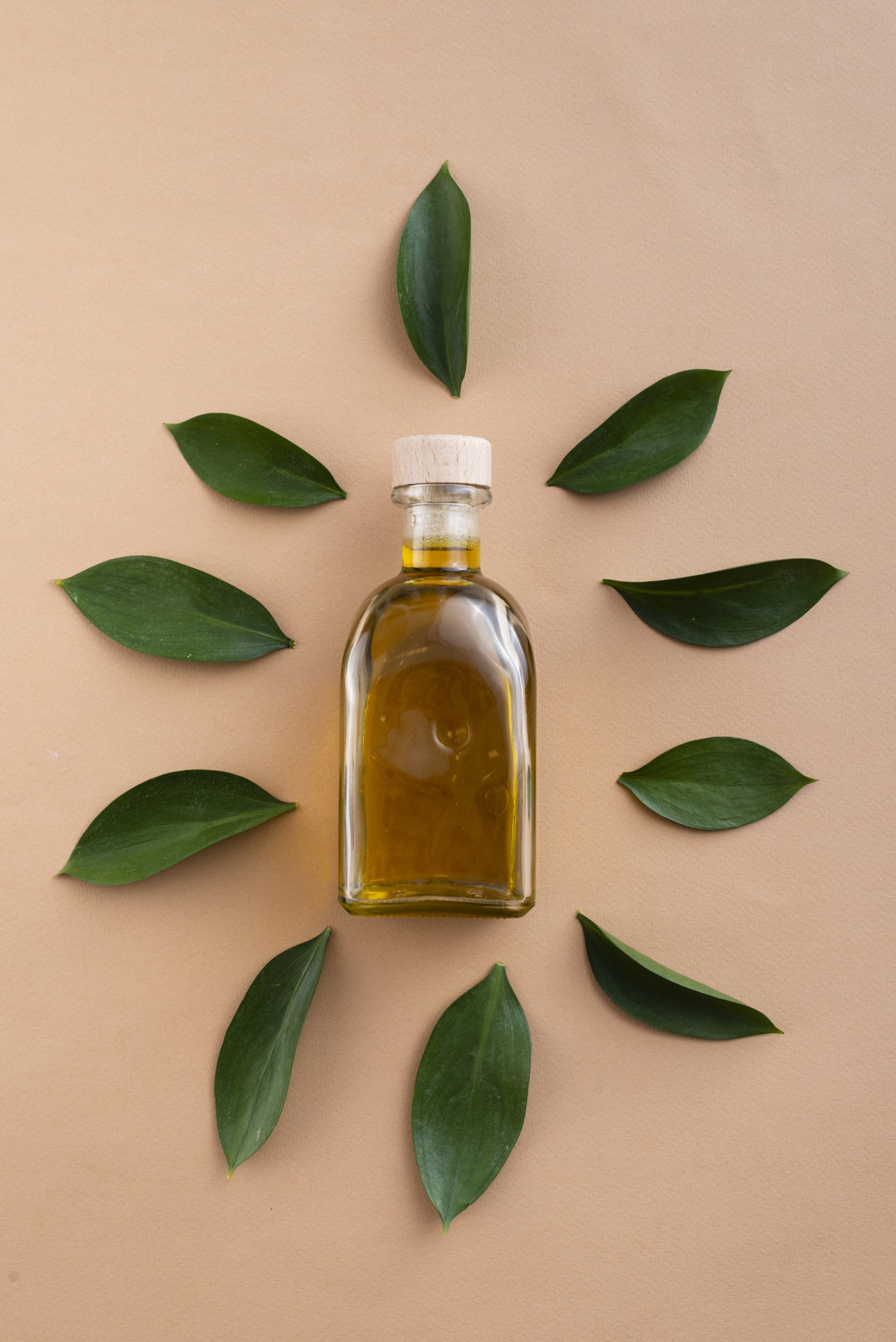
Related products

The Moringa oleifera tree has numerous anti-inflammatory and antioxidant properties. Its health benefits have ensured its use for centuries. The other names are the horseradish tree, the Ben oil tree, the miracle tree and the drumstick tree. Various cultures across the globe use different forms of moringa.

The health benefits of moringa are due to its rich nutrient profile. Its seed, seed oil, flowers, fruits (pods), leaves, bark and roots have numerous biological functions. Please continue reading to learn more about its benefits, use and side effects.
Nutritional profile
Natural moringa is a treasure trove of valuable ingredients, e.g., vitamin A, vitamins B1, B2 & B3, phosphorus, magnesium, iron, potassium, calcium and vitamin C. Additionally, it contains no harmful ingredients, e.g., cholesterol and is lower in fats.
It is a superfood that contains 25 times more iron than spinach, 15 times more potassium than banana, nine times more protein than yoghurt, 17 times more calcium than milk, 10 times more vitamin A than carrots, and seven times more vitamin C than oranges. Moringa oil contains different saturated and unsaturated oils, e.g., oleic acid. About 70% of moringa oil is oleic acid.
Benefits & uses of moringa oil
These nutrients ensure its use as a food supplement and as a medicine. Some well-known benefits and uses of moringa are;
Healthy hair & skin
The research in animal models shows that moringa seed oil causes rapid wound healing. These effects are due to its antioxidative properties. Likewise, the experts note various benefits of moringa seed oil for hair. In in vitro studies, the 5% moringa extract improves cellular proliferation and reduces oxidative stress.
As most studies are on animals, more studies involving humans are necessary.
Oedema treatment
In oedema, the fluids build up inside the body due to inflammation. It causes tissue swelling around the affected area. Using moringa seed oil in a recent study by Professor Khea Wolff and colleagues in the USA lowers inflammation in mice with ear oedema. The study highlighted the anti-inflammatory properties of moringa in ear inflammation, although more research is needed.
Liver protection
Moringa protects the liver against various health conditions, e.g., nonalcoholic fatty liver disease. In a study, the researchers used a diet containing moringa seeds in the guinea pigs. The pigs using more moringa experienced lower triglyceride and cholesterol levels and lower liver inflammation.
Likewise, its supplementation improved the reproductive performance of the sows, as noted by a group of researchers at the South China Agricultural University.

Cancer prevention
Moringa seeds possess many anti-cancer properties. It has niazimicin, a compound that reduces the development of cancer. Some professionals found that moringa extract from bark, leaf and other plant parts kills cancer cells. More research is needed, although it seems helpful in the treatment and management of colorectal, liver, breast and various other cancers.
Treatment of nervous disorders and better mood
The antioxidant potential of moringa ensures protection against various nervous diseases, e.g., Alzheimer's disease, depression, neuropathic pain, and multiple sclerosis. Some studies point to its Neuroprotective properties with an unknown mechanism.
Some experts believe that the antioxidant potential of moringa protects the nerve cells. A group of researchers at the Universiti Kebangsaan Malaysia and Anhui University of Chinese Medicine noted anti-neuroinflammatory and neuroprotective properties of moringa seed extracts.
Prevention of rheumatoid arthritis
The anti-inflammatory properties of the moringa seed extract help prevent rheumatoid arthritis in a rodent study. However, more conclusive clinical evidence in humans is necessary.

Fighting foodborne infections
Moringa has many substances that work against foodborne illnesses, e.g., E. Coli and Staphylococcus aureus. The staph aureus occurs in sandwiches, sliced meat, and improperly cooked foods. The E. coli is present in contaminated food and water. Both bacteria are associated with symptoms of food poisoning, e.g., diarrhoea
Treatment of stomach illnesses
Moringa seed extract & oil help treat various stomach illnesses, e.g.,
- Its leaves have laxative properties and make moringa an ideal option for constipation.
- Its fibrous pods improve digestion and prevent colon cancer.
- It reduces stomach acidity, and a study noted an 85% reduction in stomach acidity, making it ideal for peptic ulcers.
- It has antibacterial properties that prevent infections by preventing the pathogenic growth.
- Its anti-inflammatory properties prevent ulcerative colitis and other related conditions and prevent digestive system damage.
Treatment of anaemia
Some people use moringa extracts to prevent and treat anaemia. The laboratory data suggests that taking it as a medication and food helps manage sickle cell disease. These properties are due to its chelating activities and antioxidant abilities, which allow it to remove excess iron and related factors.
Better eye health
Moringa has beta carotene, an antioxidant that prevents eye illnesses and helps maintain eye health. However, more convincing evidence is needed.
Reduced hypertension
Moringa has many substances that help reduce blood pressure. In a recent study in Indonesia, an experimental group consumed 120g of cooked leaves for one week. Two hours after consumption, the people using Moringa experienced lower blood pressure.

Kidney stone prevention
Many traditional remedies use moringa to help prevent kidney stones. The research findings suggest that the moringa seeds and oil stop the mineral buildup responsible for kidney stones. However, more research is necessary to confirm these findings.
Asthma treatment
Moringa has many chemicals that help prevent and manage bronchial constructions, asthma and airway inflammation. A study noted an improvement in the lung functions of guinea pigs after using Moringa extract. It has numerous immune regulatory bioactivities chemicals that help improve asthma with lower side effects.
Treatment of diabetes
Moringa extracts and oil treat diabetes and have beneficial effects, e.g., improved insulin levels, helping manage blood glucose levels and protecting against diabetes-related organ damage. It slows the diabetic complications and helps prevent further complications.
A group of researchers in the USA noted the anti-diabetic potential of moringa in five out of seven human studies and 22 out of 23 animal studies.
Cardioprotective effects
Moringa oil has various anti-inflammatory and antioxidant agents, e.g., quercetin, that help protect the heart's health. It helps prevent inflammation and lipid formation and improves overall heart health. Its cholesterol-lowering properties are beneficial for this purpose.
Side effects of moringa oil
Moringa is safe, particularly its seeds, leaves and fruits. Its seeds and leaves are used as a medicine and offer safety in the short term. The moringa products are used in some studies for up to six months without adverse effects. Moringa root bark and root are unsafe as they contain toxic substances.
Likewise, moringa oil has little to no side effects, although more research is needed on the topic. A study published by the Journal of Ethnopharmacology in Nigeria and Japan noted elevated iron levels in people consuming large amounts of moringa products. Excessive iron is associated with various gastrointestinal health issues, e.g., diarrhoea and nausea.
The regular and standard doses of moringa are free from side effects, yet consulting the healthcare provider about moringa oil is strongly advised.
Frequently Asked Questions
Is it safe to use moringa oil daily on the face?
Moringa oil is safe for daily use, and most people continue using it without expecting any issues. It is best for all skin types, e.g., dry skin, acne-prone skin and oily skin. These features make it a very versatile food ingredient.
How much moringa oil is necessary per day?
The recommendations vary depending on the type of moringa. The adults need 3g moringa seeds, 500mg moringa leaf extract and 3g of moringa oil daily. The safe amount varies from person to person.
Does moringa oil help grow hair?
Moringa oil has antioxidants and essential fatty acids that boost hair growth by improving blood circulation in the scalp. It stimulates and nourishes the scalp, resulting in healthier and thicker hair. Moringa oil is one of the healthier oils for hair growth.
How can I apply moringa oil to the face?
While applying it to the face, use the following steps;
- Take a small bowl and combine honey and moringa powder.
- Slowly add the rose water or witch hazel to achieve the desired consistency.
- Add 3-5 drops of essential oil (skin friendly), e.g., tea tree oil and rosehip oil.
- Use lukewarm water to rinse it after 10-15 minutes of application.
The usage depends upon the strength of the oil.
Which is better? Moringa oil or moringa powder?
These two products are from the same tree and have similar benefits. While leaf powder is a food supplement and prevents malnutrition, moringa oil is a beauty product and is used as a lubricant. Both products have different pros and cons and usages.
What does the smell of moringa oil feel like?
Moringa oil has a light green hue with a faint nutty taste and smell. The commercial products have added oils for marketing purposes.

Bottom-line
Moringa oil has several nutritional and cosmetic purposes and benefits. It is also known as the miracle tree due to its enormous health benefits and uses. The research has noted a reduction in premature ageing, better diabetes control, prevention of heart diseases and numerous other health benefits of regular use of moringa.
Consulting a healthcare provider before adding moringa oil to the diet is necessary. However, more research is needed to understand its adverse effects and benefits on humans. Welzo has many related products. Visit the pages to buy Organic Moringa Leaf (100g), Organic India Moringa Capsules, and Golden Greens Organic Moringa Leaf Powder (100g).







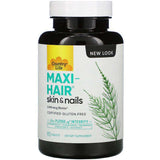


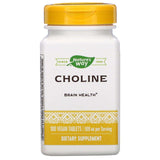



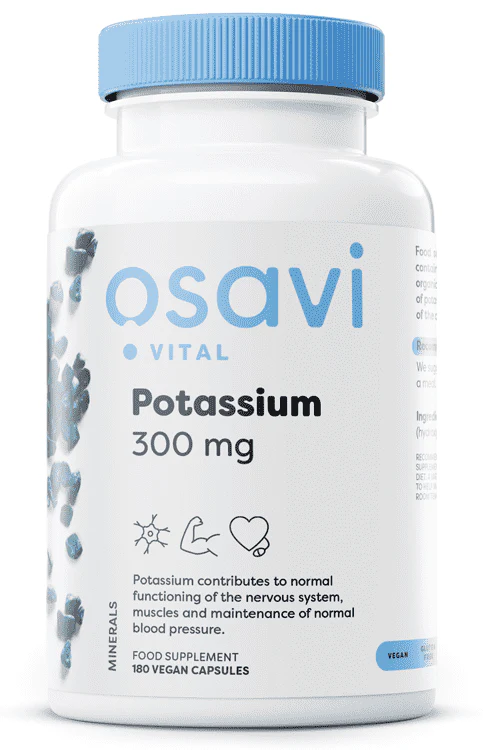
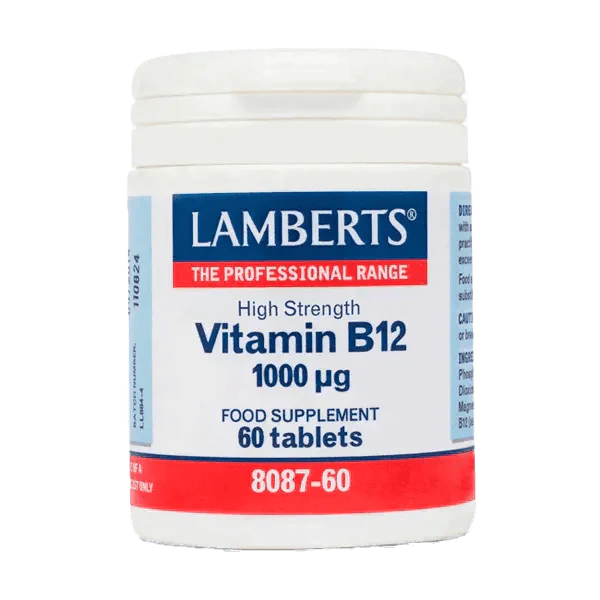

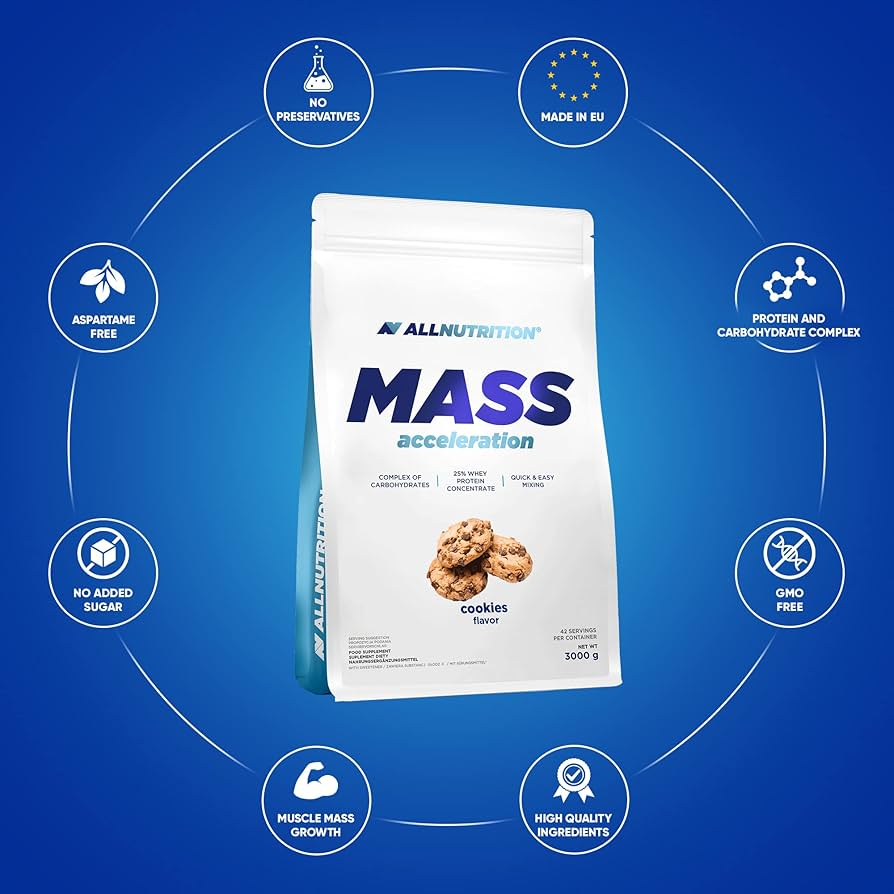
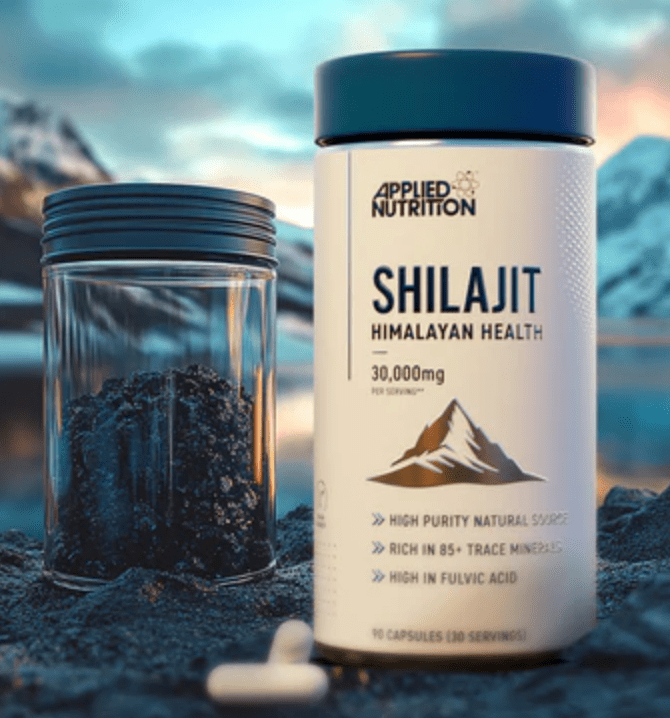
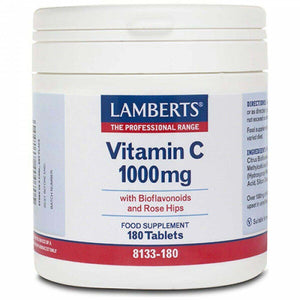



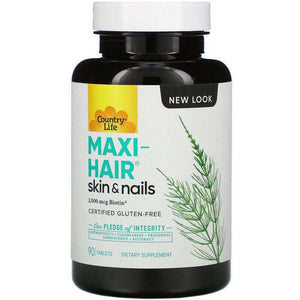

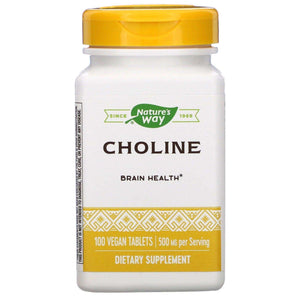






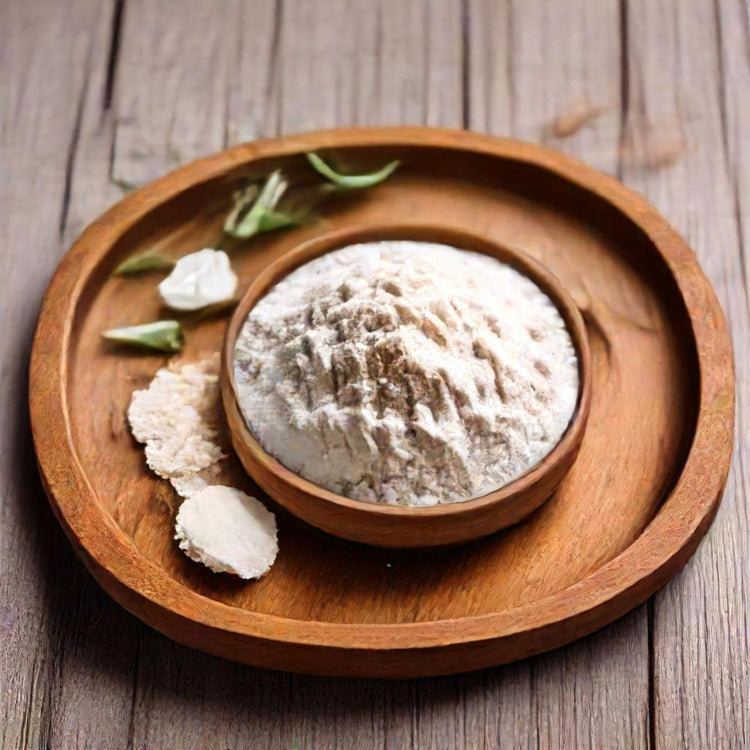

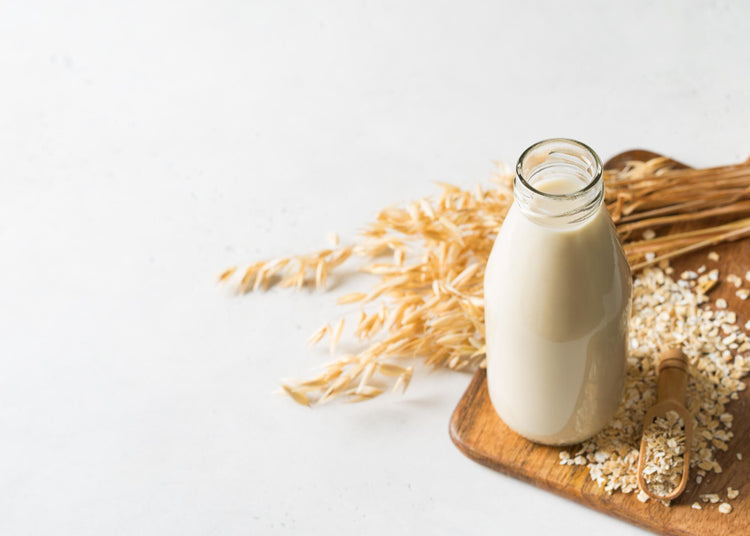

 Rated Excellent by 26,523+ Reviews
Rated Excellent by 26,523+ Reviews